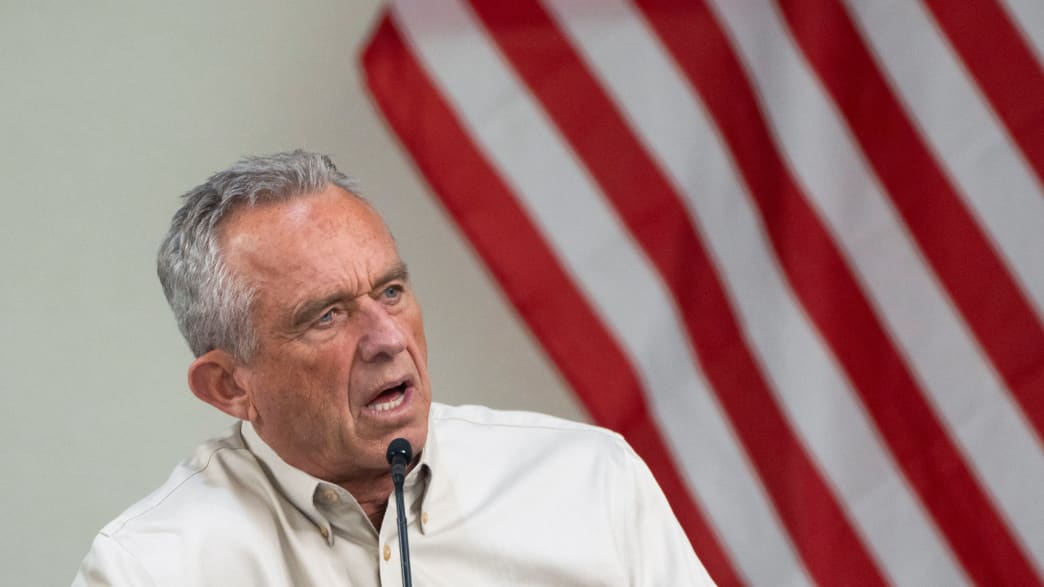Drama surrounds Pentagon as top Hegseth advisors sent packing
Turbulence struck the Department of Defense as three senior officials were recently dismissed amid a probe into unauthorized information releases.
The investigation, targeting leaks within the Pentagon, resulted in the removal of three high-level officials, generating discourse over motivations, the capacity of Secretary Pete Hegseth to lead, and the effects on the Defense Department's overall functionality, as the Daily Mail reports.
The turmoil unfolded following the termination of top Hegseth advisors Dan Caldwell, Darin Selnick, and Colin Carroll from their posts at the Department of Defense. The dismissals, said to be part of an internal investigation initiated in March, have ignited significant debate both within and outside the Pentagon.
The probe led by chief of staff Joe Kasper concentrated on tracking down leaks of sensitive national security information, which were allegedly shared without authorization. Amid heightened security concerns, the investigation aimed to reinforce confidentiality within the department.
Allegations of political purge leveled
Caldwell, one of the officials escorted from the Pentagon, articulated claims that his dismissal was more than just procedural. He disclosed perceptions of the investigation being unfairly initiated against him for his willingness to diverge from conventional wisdom in matters of foreign policy.
In discussions with journalist Tucker Carlson, Caldwell refuted allegations of information leaks and attributed his dismissal to his having challenged established interests within the Pentagon. He described the actions against him as retaliatory measures stemming from internal political dynamics.
Adding weight to his allegations, Caldwell pointed out power structures in Washington, D.C., with which he found himself at odds. This scrutiny, he believed, culminated in the exploitation of the leak probe as a way to serve ulterior motives.
Leadership in the spotlight
The dismissals have cast a spotlight on Hegseth's leadership structure, underscored by the resulting vacancies and operational challenges that are byproducts of the ongoing investigation. Despite the upheaval, Caldwell underscored his continuing endorsement of Hegseth, expressing hope for a successful tenure.
The probe and its outcomes have incited contentious debate around political purging, with some officials claiming the investigation undermines institutional integrity. Conjecture has arisen regarding entrenched interests attempting to steer the ship in order to prevent real reform from taking place.
Revelations ab0ut a Signal messaging chat used by top defense figures, including Caldwell, further complicated matters. A leak of the proceedings brought the chat to media prominence, intensifying public interest and speculation around the investigation.
Reactions continue to pour in
The former officials fired from their roles at the department voiced discontentment with the manner in which their tenure concluded, declaring their unwavering integrity and criticizing the character attacks launched upon them. They maintained that the investigation lacked substantive credibility.
President Donald Trump has emerged as a vocal backer of efforts aimed at eradicating leaks from the Pentagon, underscoring the need for robust action against those deemed harmful to the administration’s goals. He dismissed criticisms of Hegseth, attributing them to disgruntled employees and labeling the news surrounding the upheaval as fictitious.
Caldwell's insights into the internal milieu revealed a complex web of political maneuvers, which he believes are broadly ingrained across the governmental landscape. He highlighted potential bipartisan ambitions towards engagements in the Middle East, reflecting broader strategic interests that he believes can transcend partisan lines.
Implications of organizational shifts unfold
The recent departure of spokesman John Ullyot added another dimension, revealing how the current situation aligns with -- or diverges from -- previously established departmental norms.
As the situation continues to unfold, the impact on the Department of Defense's operations and morale remains a key area of concern. The incident emphasizes the delicate balance needed in maintaining both transparency and security within an institution tasked with national defense.
The proceedings have contributed to an environment of uncertainty and have redefined internal dynamics within the Pentagon. Observers are keenly watching the fallout, given its implications also hold international significance, affecting strategies beyond the U.S. borders.
The unfolding scenario serves as a reminder of the critical nature of safeguarding integrity and trustworthiness among public servants while addressing the temptations and trials inherent to governance. As the defense landscape adapts to these shifts, support remains polarized on the enacted measures and reforms.
Ultimately, the discourse surrounding these dismissals and the investigation's legitimacy poses questions about the Department’s readiness to address constraints without further exacerbating divisions. The developments act as a barometer of the evolving political climate, pushing for introspection within the corridors of power.






